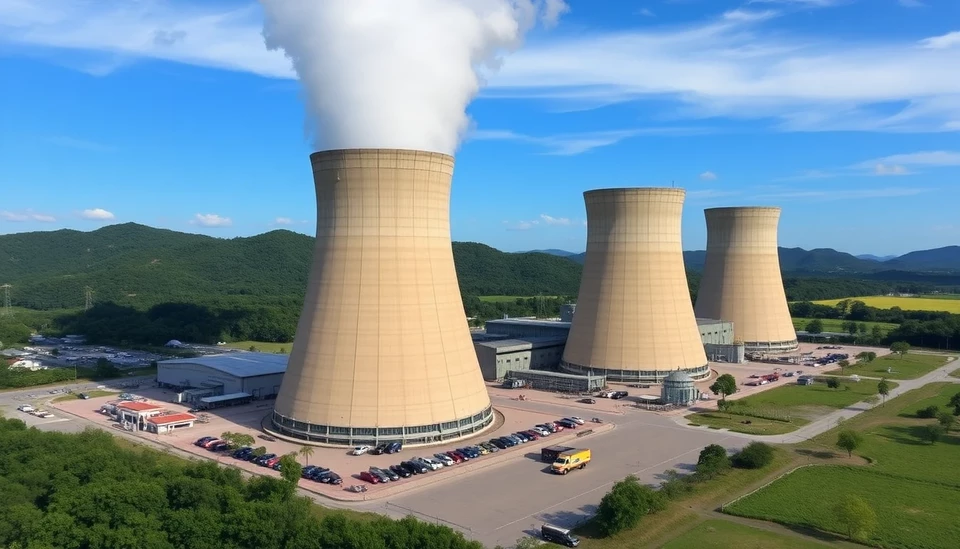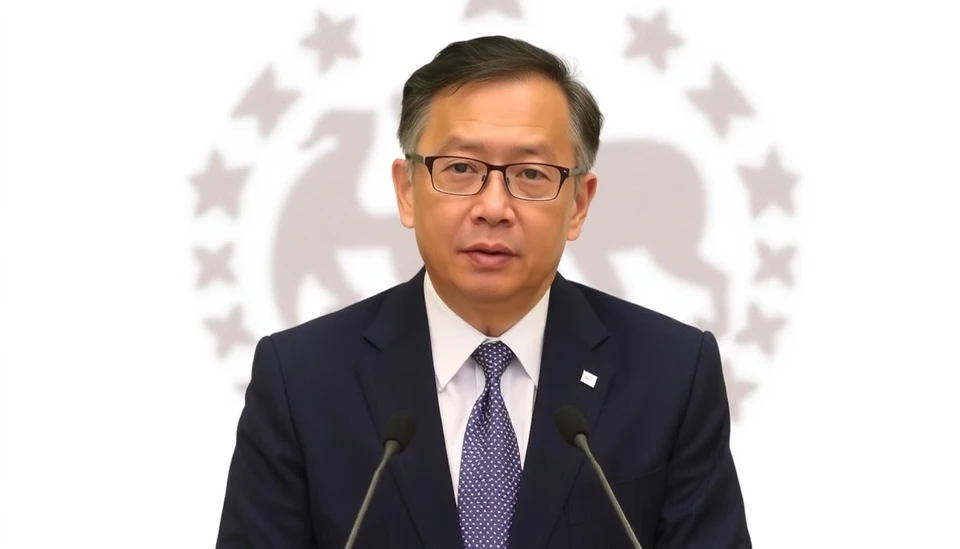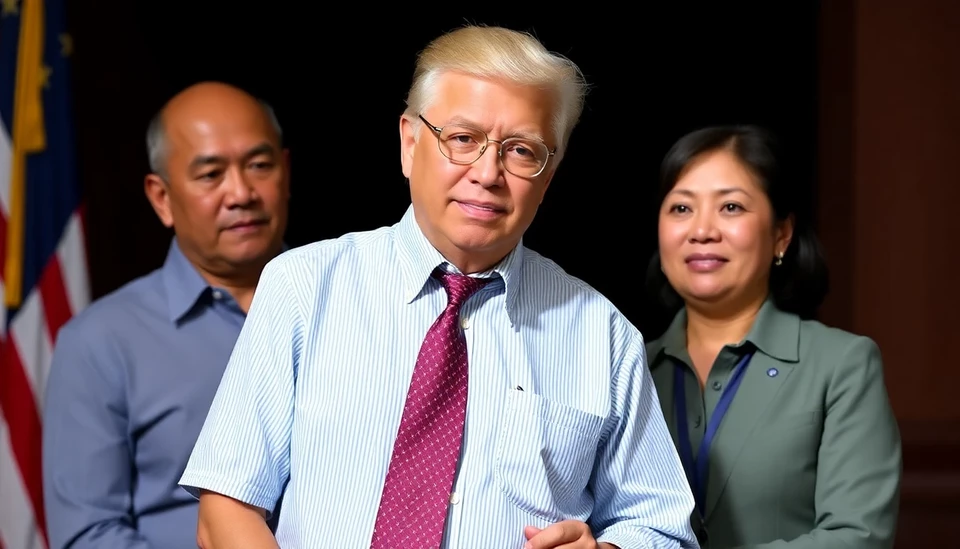
Setting a bold move to address the growing Philippine energy demand, the country announced its ambitious plans to operate nuclear plants by 2032. The government is motivated enough to diversify its energy sources in order to ensure sustained energy security for the nation.
This timeline has recently been set by the Department of Energy in the Philippines and is a major move in the country's energy policy. Nuclear energy is much cleaner as compared to fossil fuel energy, and this comes at a period when there is an increased drive across the globe for reduced carbon emissions. The government said that this is an essential development in nuclear energy since it will help in addressing the future needs in energy within the country.
According to Secretary Raphael Lotilla, initial studies and assessments have already been conducted. The government is considering site selection for the nuclear plants, while taking all necessary precautionary measures with regard to safety and environmental impact analyses. This is necessary so that the development of nuclear energy infrastructure would be according to internationally accepted safety and environmental standards.
The Philippines is also holding talks with other countries that have progressed in their nuclear programs, asking for technical assistance and knowledge. All this is toward international collaboration to achieve a well-structured framework that will help in the safe operation of nuclear facilities efficiently.
Yet, this shift into nuclear energy does not come without its challenges. Critics are concerned about the risks associated with nuclear power: nuclear waste management and the possibility of disastrous accidents. The government has reassured the public through the assurance of comprehensive safety measures and regulations to curb these risks.
This move to introduce nuclear energy forms part of the wider Philippines' initiative to shift toward a more sustainable and resilient energy mix. The government is equally investing in other renewable energy sources, including solar and wind energy, to reduce reliance on fossil fuels and minimize environmental impact.
In this journey of transformation that the Philippines is undertaking, the successful introduction of nuclear energy will be a game-changer for the country in its long-term energy challenge. This would require immense policymaking, infrastructure building, and international cooperation over the coming years as the country works towards its 2032 goal.
#Philippines #NuclearEnergy #EnergySecurity #SustainableEnergy #RenewableEnergy #CleanEnergy
Author: Sophie Bennett




